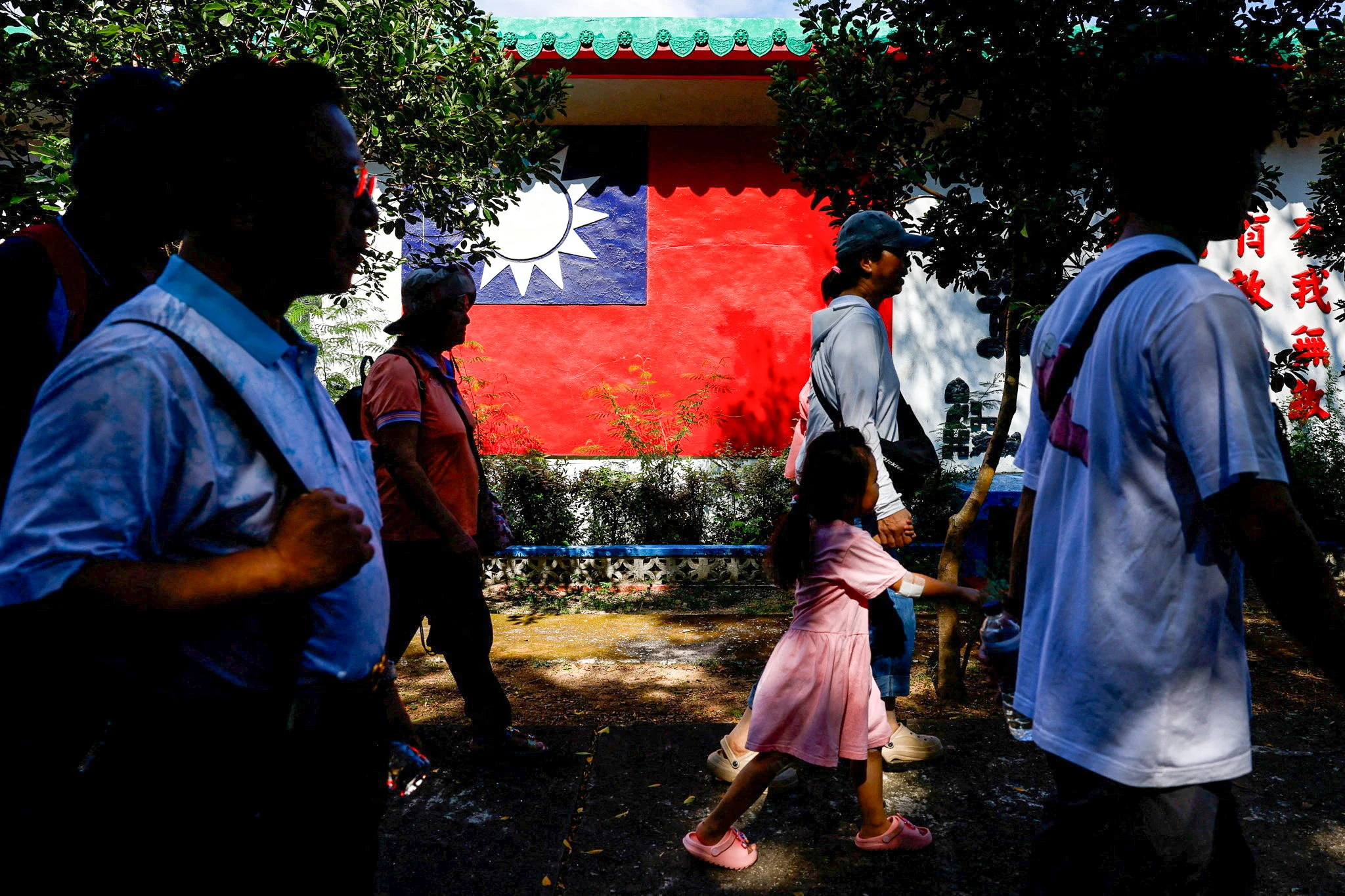Copyright scmp

In a move authorities said would curb infiltration, Taiwan has revoked the citizenship of 50 individuals who also held mainland Chinese passports and household registrations. The action was essential to safeguard security amid deepening cross-strait tensions, according to the island’s government. Critics, however, said the measure was part of the ruling Democratic Progressive Party’s (DPP) broader push to discourage identification with the mainland and weaken the historical links between the two sides of the Taiwan Strait. The cancellations were carried out under an article in the “Act Governing Relations between the People of the Taiwan Area and the Mainland Area”, which bars Taiwanese citizens from applying for household registration or passports in mainland China. People caught violating the rules could lose their Taiwan household registration, effectively forfeiting their citizenship – including their ID cards, passports, voting rights and government-backed health insurance. Chiu Chui-cheng, head of the Mainland Affairs Council – the island’s top cross-strait policy planner – said the regulation clearly stated that citizens were banned from applying for household registration or passports in mainland China, and that violations would result in their Taiwan status being revoked. “Around 50 household registration revocation notices have been sent to local offices,” Chiu told reporters on Tuesday. The move comes as Taiwanese leader William Lai Ching-te’s administration steps up efforts to counter what it calls Beijing’s growing infiltration and “united front” or influence operations – part of a broader package of 17 security strategies announced in March in response to rising mainland pressure. Since then, the island’s interior ministry and immigration agency have stepped up checks on Taiwanese found to have registered as mainland residents or obtained mainland Chinese passports or identity cards. According to the immigration agency, when evidence such as matching photographs and personal data is confirmed, individuals are asked to explain it. Failing to respond can result in administrative action, while disputed cases are reviewed by an inter-ministerial panel of officials, experts and academics. Several well-known figures have been among those who have had their household registrations revoked, according to the Mainland Affairs Council. They include Chang Li-chi, a former Taiwanese professor now teaching at Huaqiao University in Fujian province on the mainland. Chang lost his Taiwan citizenship after it was discovered he had obtained a mainland residence permit. Lee Tung-hsien, an award-winning taekwondo athlete, also had his household registration cancelled after it was revealed he held a mainland ID card. In a separate case, a mainland Chinese spouse who had worked at a Taiwanese hi-tech firm lost her permanent residency and household registration for allegedly advocating “forceful reunification” by the mainland and for reporting colleagues to Beijing because they supported Taiwan independence. Beijing, which considers Taiwan part of its territory and has not ruled out taking it by force, has branded Lai a “separatist” and increased pressure on the island by encircling it during large-scale military drills. Most countries, including the United States, Taiwan’s main arms supplier, do not recognise the self-ruled island as an independent state, though Washington opposes any attempt to change the status quo by force and remains committed to helping Taiwan defend itself. Asked if the authorities would step up their investigations, the interior minister, Liu Shih-fang, said on Tuesday that the ministry was acting “strictly in accordance with the law”, adding that any verified violation would be handled “without exception”. Meanwhile, the DPP government has also moved to tighten regulations for restoring Taiwan citizenship for people who lost it because they had obtained mainland Chinese identity documents. Under an amendment announced on October 31, applicants must not only provide notarised proof of having renounced mainland Chinese household registration but also a statement showing they have not applied for – or have already cancelled – a mainland passport. The revised regulations require applicants to meet at least one of three conditions: having made significant contributions to Taiwan’s defence, international image or social stability; benefiting Taiwan’s overall interests; or qualifying on humanitarian grounds. The rule also empowers officials to deny restoration to anyone who has engaged in propaganda or political activity for the Communist Party of China. Any approval may be revoked if such involvement is discovered later. Opposition lawmakers have condemned the measure as unconstitutional and politically driven. Lai Shyh-bao, a legislator from the main opposition Kuomintang (KMT), said the vague language gave officials excessive discretion “based on ideology”. “This is another step towards so-called independence and will threaten cross-strait peace,” he said, urging the ministry to “act in accordance with the constitution, not political belief”. KMT lawmaker Wang Hung-wei said the new rule could become a “tool of political manipulation”. Wang said freedom of movement was guaranteed under the constitution and that restoration should depend only on whether an applicant had a criminal record. Popular talk-show host Jaw Shaw-kong, a vocal critic of the DPP, said Taiwan’s constitution defined the two sides as “one country, two areas”, and that revoking citizenship for registering in mainland China violated that framework. He called it “part of the DPP’s de-Sinicisation effort to sever the historical link across the Taiwan Strait”.



